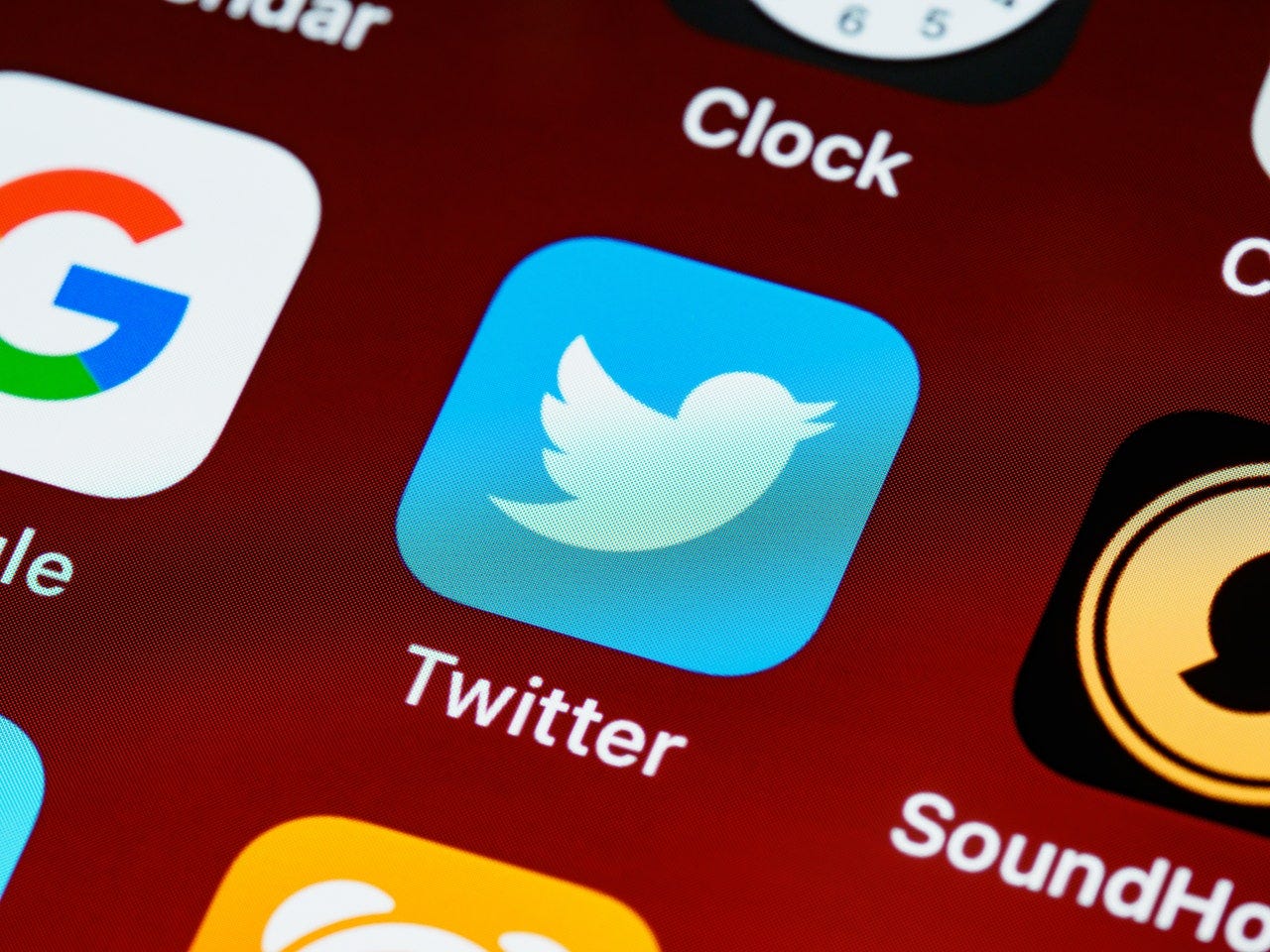The Deep File: The Changing of the Guard at Twitter
In which, Elon Musk’s high wire bid to take over Twitter succeeds, and a signature social media platform reenters the waters of private ownership.
April 8: Elon Musk electrifies the Twitterverse
In a surprise move (at least to this non-Twitter user), Tesla CEO Elon Musk dropped $3 billion on a 9.2% stake in Twitter stock this week. What’s so big about this?
Musk is a highly visible and verbal opponent of Twitter’s less than consistent stance on free speech, and has frequently mocked and criticized Twitter’s leadership for its alleged thought policing.
The stock purchase not only makes Musk one of the largest stockholders in the company, but also gives him a seat on the Twitter board of directors, and he has made no secret about his intention to change the company. He seems to be on to something, because the announcement of Musk’s stock purchase gave Twitter’s stock price a solid boost.
April 15: Musk’s Twitter takeover
Last week, Elon Musk had become the biggest stakeholder at Twitter and been offered a seat on the board of directors in what looked to all accounts to be the opening moves of a hostile takeover of the social media platform. How simple things were then.
In the space of the last 72 hours, Musk first turned down the board of directors seat, signaled he’d be buying more Twitter stock, then made an offer to buy the company outright at a huge premium, which effectively put the board of directors in a bind: refuse the offer and violate its fiduciary responsibilities, or take the offer and let Musk take the company private.
Why does this high stakes power move matter? Mostly because Twitter is perhaps the dominant platform for political discourse in the US, and Musk has plans to radically alter its content moderation rules away from what critics have described as censorship.
Given the very public and transparent way this is unfolding, it’s also a great opportunity for outsiders to see how a hostile takeover happens/works in the business world. It’s one of the most fascinating business stories of our time.
April 22: The twists and turns of the Twitter takeover
Elon Musk’s bid to conquer Twitter continued its high stakes drama this week as the Twitter board of directors swallowed the proverbial poison pill, which means they rejected Musk’s original $43 billion offer, moving the contest for control into hostile takeover territory.
Musk’s countermoves this week involved lining up loan commitments from a major bank, which ups the offer to $46.5 billion. The sweetening of the deal lays the groundwork for Musk to circumvent the board and go directly to shareholders with his offer, which, if successful, would complete the hostile takeover of Twitter by Musk. More drama to come.
April 29: It’s Elon time at Twitter
Last week, Elon Musk was making a play for control of Twitter, Twitter’s board of directors took a “poison pill” in an attempt to dissuade Musk. Early this week, Musk responded by revealing he had additional funding capable of outweighing any advantage the poison pill option may have given Twitter, and the board accepted the inevitable: a $44 billion buyout. Twitter is now owned by Elon Musk, and…. People feel strongly about it.
Free speech advocates, long critical of Twitter’s heavy-handed (yet selective) censorship, were ecstatic at the prospect of a fellow free speecher running the ship while voices on the Left raised concerns about Twitter becoming… a terrible, unwelcoming place… because it hasn’t been that already apparently.
It’s Elon Musk, so my guess is that what he does with Twitter will not come close to fulfilling the fears or hopes of either side on this issue. Musk keeps his own counsel and beats his own drum.
Amusingly, after taking over Twitter, Musk waster no time in taking a shot at Twitter knockoff/competitor Truth Social:
Elon gonna Elon. Between Netflix and Twitter news this last week, the Internet is changing.



